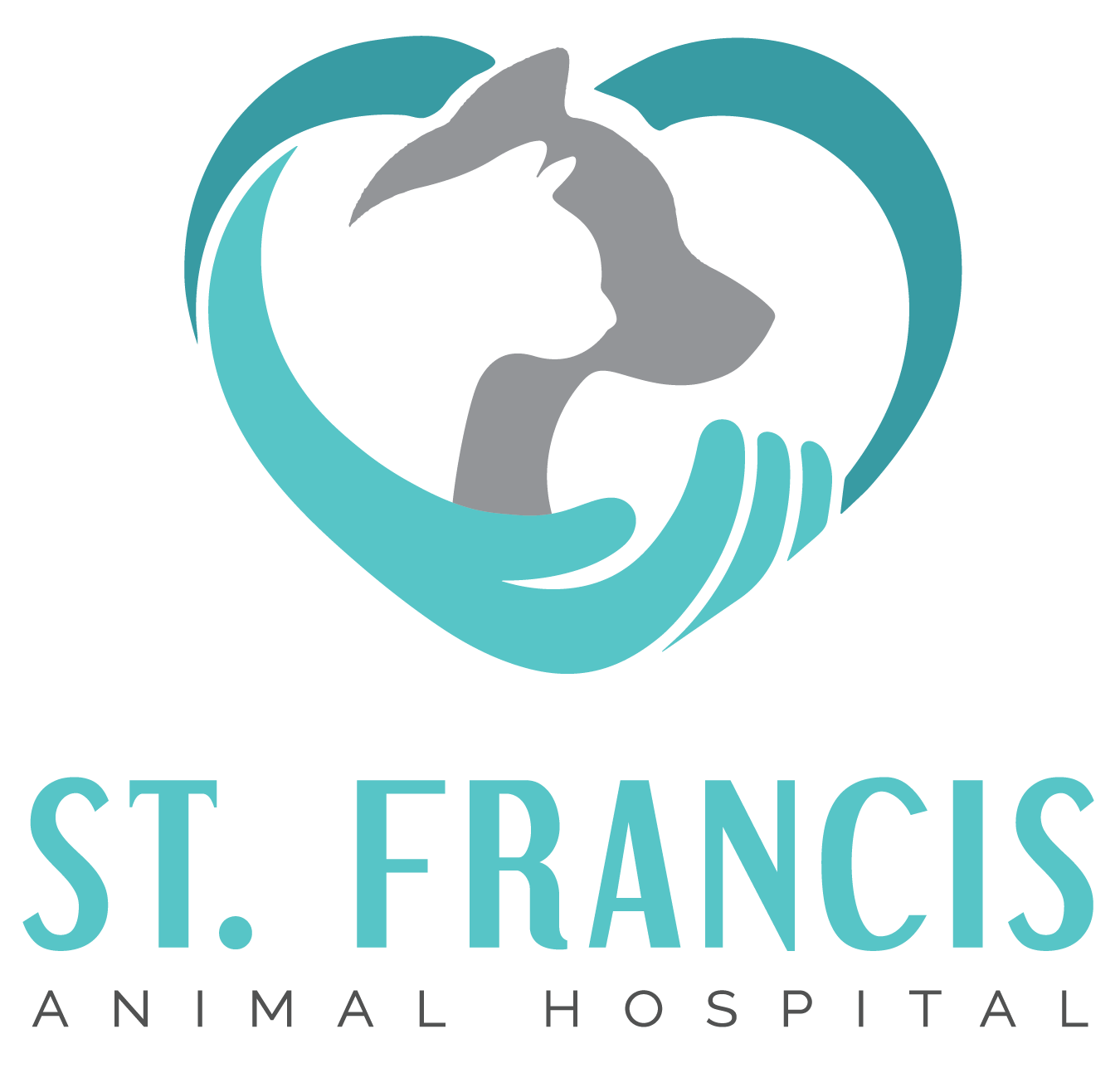To help keep your pet at his or her optimal weight, we screen all pets to ensure they are at their ideal weight as part of our Wellness and Preventive Programs. We know that obesity leads to many health issues and a shorter life span. To complement our obesity screening program, we offer Nutritional Counselling to help address or prevent weight issues with your pet.
With so many pet foods available, it can be overwhelming to choose a diet best suited for your pet – especially if your pet has underlying health conditions. Pets with health conditions (e.g. diabetes or periodontal, heart, or kidney disease), weight issues, allergies, or of a giant breed can present a challenge when trying to find an appealing, tasty diet that also meets their medical needs. Additionally, nutrient profiles and quantity of food required to vary by life stage (puppy/kitten, adult, and senior/geriatric), activity level (sedentary lap dog, or active, performance, or working dog), and the health of your pet.
Our healthcare team is ready to assist you in choosing the best food that suits your pet’s specific needs. We carry many nutritionally balanced veterinary-approved diets, including diets specifically tailored for all life stages and for those pets with specific health issues or dietary needs, such as diabetes, periodontal disease, kidney or heart disease, allergies, and pancreatitis. We can make dietary recommendations based on the health of your pet, as well as its life stage. We also will advise you on appropriate treats and supplements that will help keep your pet in top health. In conjunction with Nutritional Counselling, our healthcare team will assess your pet’s body condition score and screen for obesity as part of our Wellness and Preventive Programs.
At St. Francis Animal Hospital, we offer alternative diet options for your pet, our team can help you decipher through the information available on the internet and help you make sound decisions for your pet.




